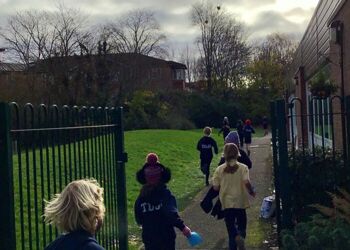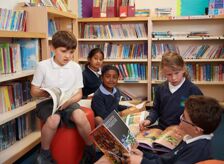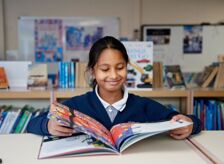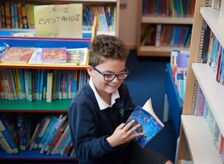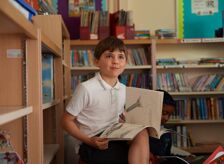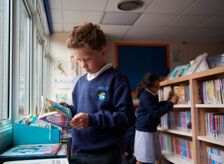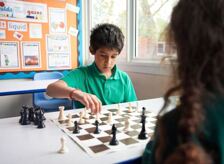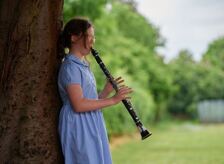 28th November 2025
28th November 2025Inclusion
We try to ensure that children and parents are appropriately involved in all discussions and decisions about individual support and provision. The children’s needs are always at the heart of our provision and decision making.
If you are worried about your child in any way, please speak in the first instance to your child's class teacher via the School Office, who can then arrange a meeting with other relevant staff as agreed.
Staff at Thames Ditton Junior School work closely with colleagues from the other schools in the HWLP. Our Trust Primary Inclusion Lead is:
Mrs Seanne Wilmot - inclusionlead@tdjs.org









